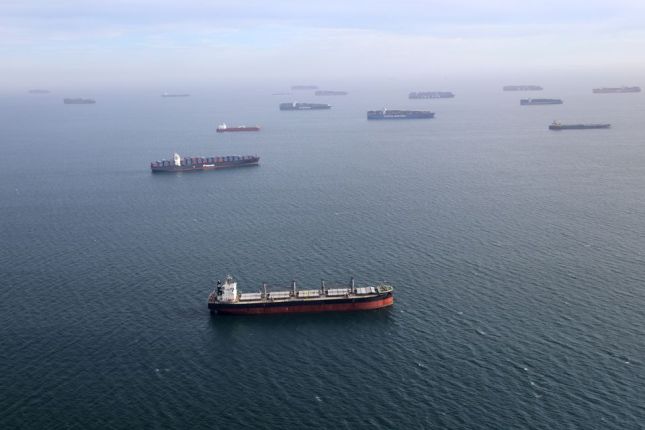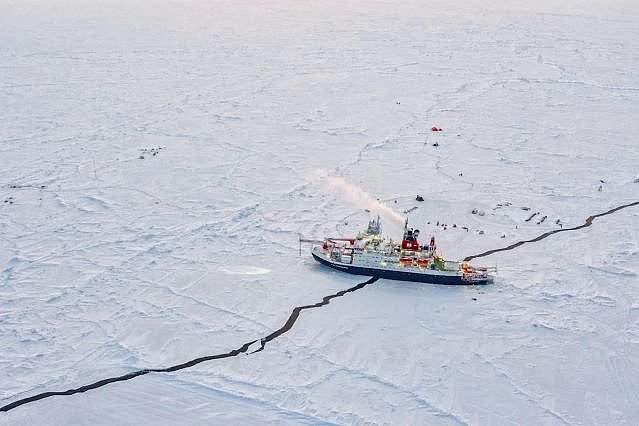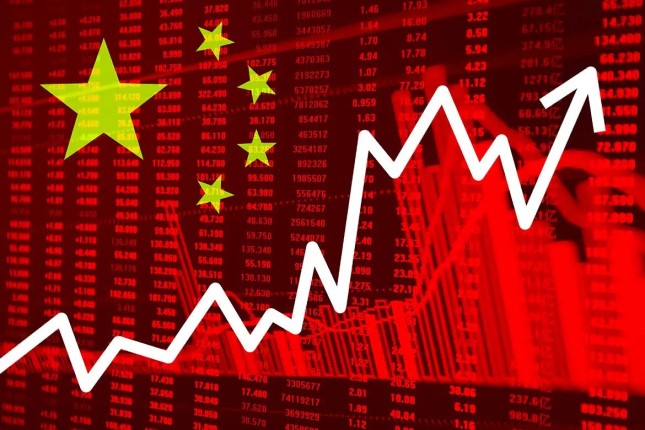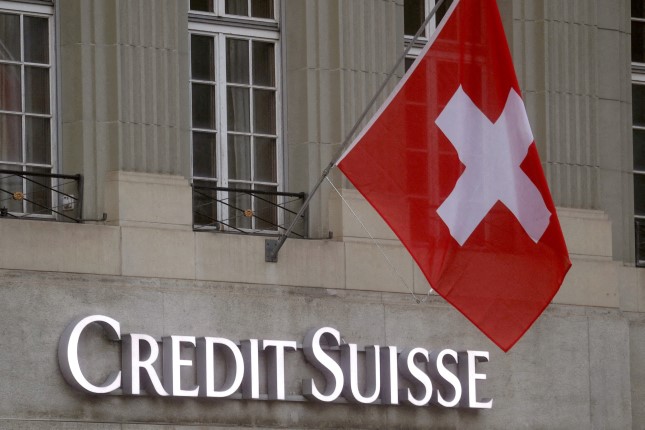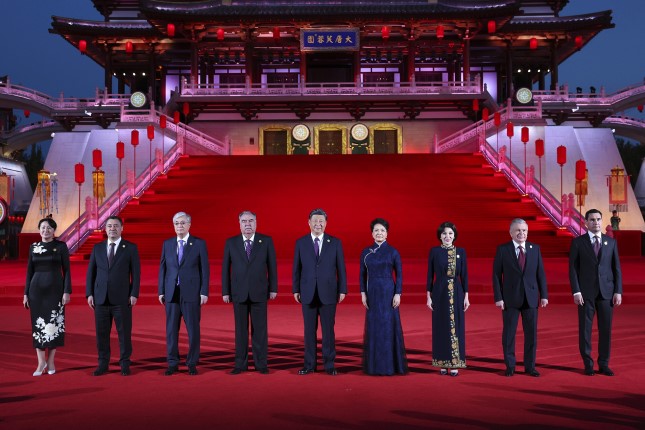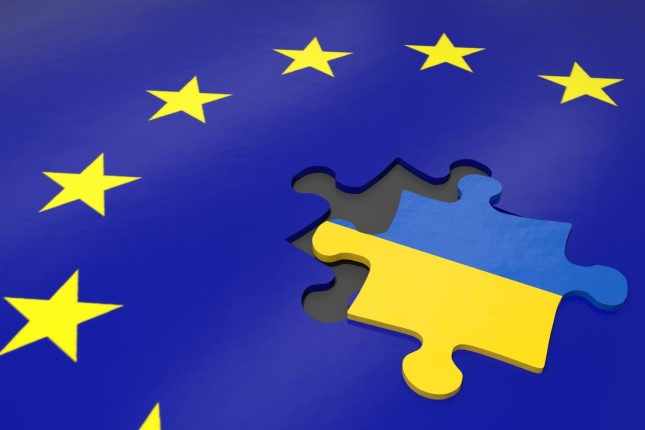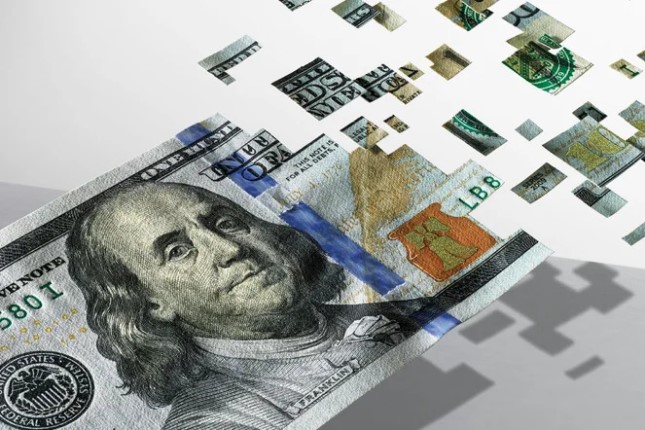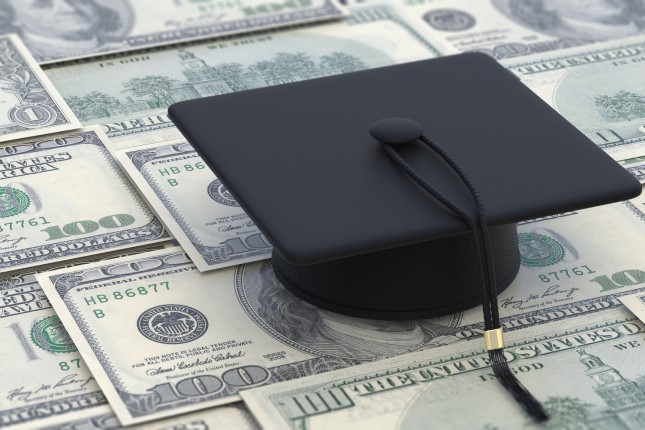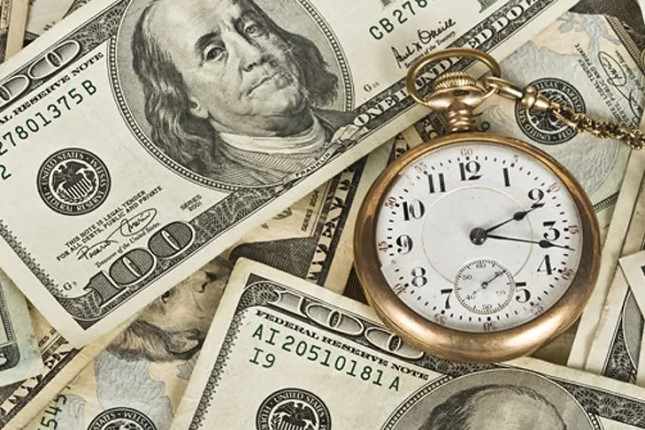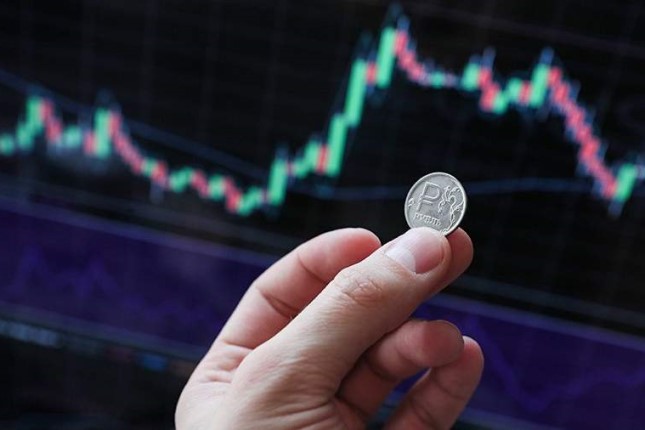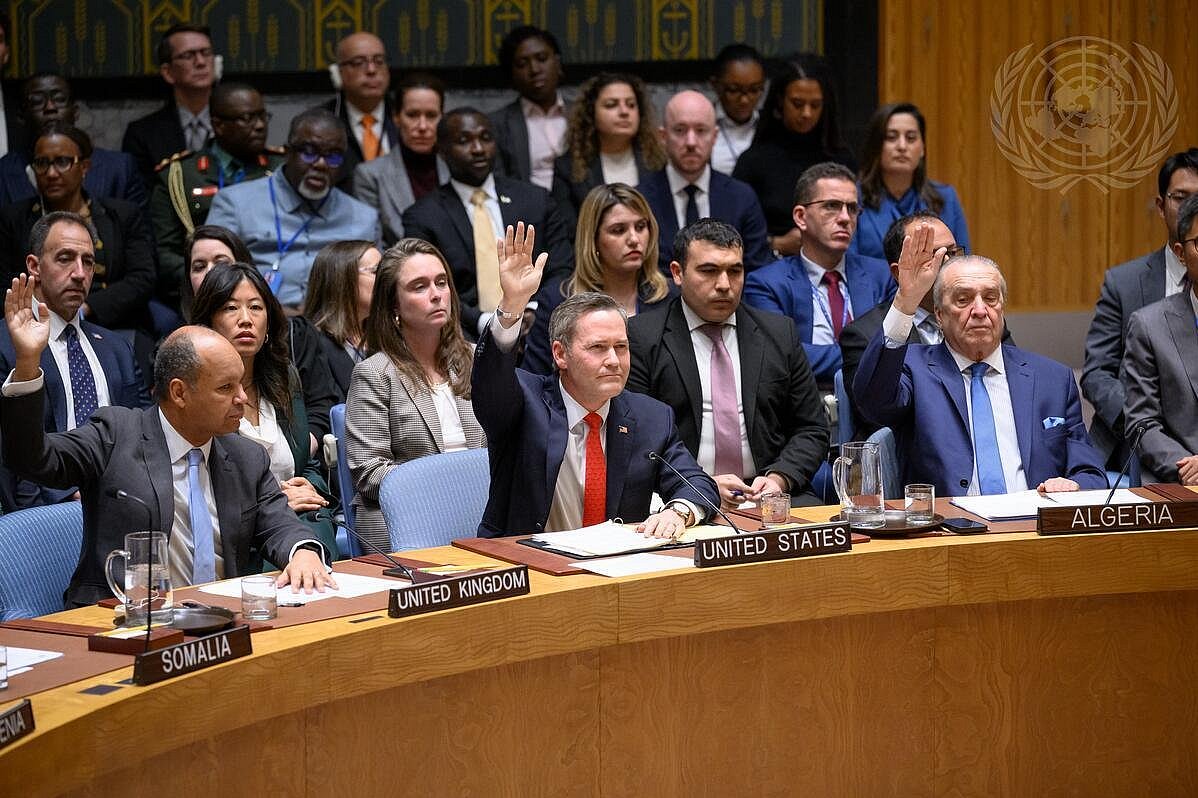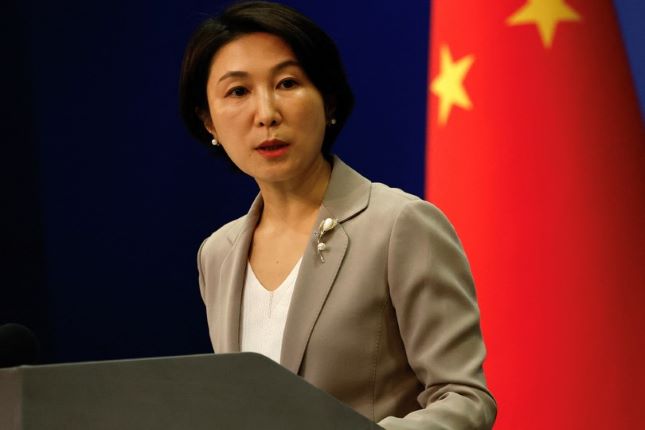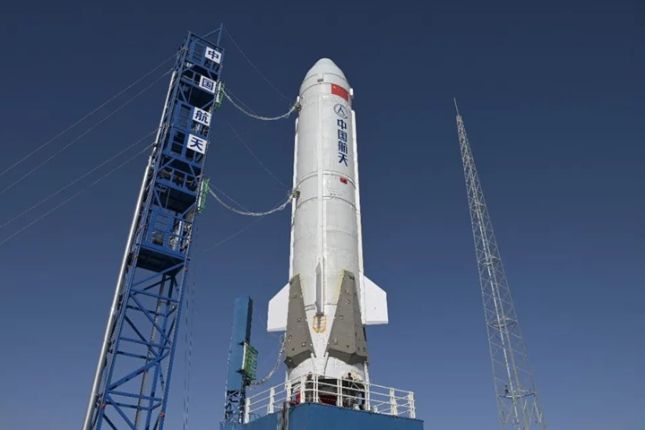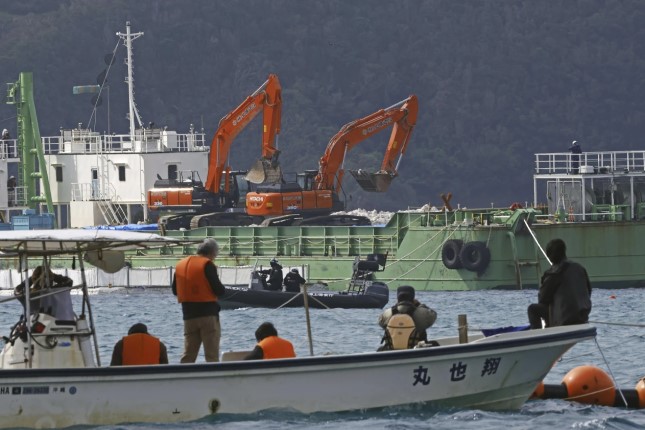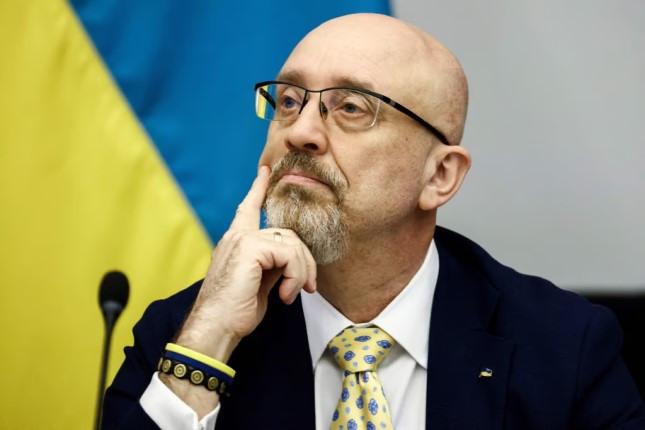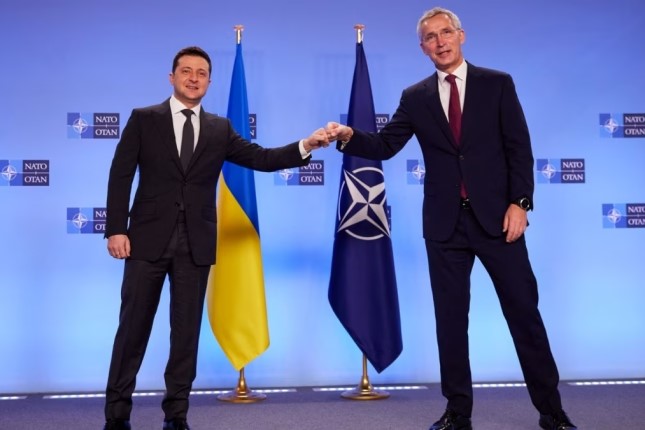Australia was recently rocked by a startling scandal after it had transpired in early March that the Perth Mint, a subsidiary of Gold Corporation, had "doped" its gold bars intended for the Shanghai Gold Exchange (SGE) with silver in excess of acceptable standards, between 2018 and 2021. The total value of the bullion thus compromised amounted to about USD 9 billion.
To maximize the Perth Mint's valuation, its management turned to the practice of "doping" its gold products with silver, thus reducing the purity of the bullion from 99.996% to 99.992%, saving the Mint about USD 620,000 annually, despite the fact that the Perth Mint's annual turnover exceeds a whopping USD 17 billion.
What's more, following the lodging, by the Chinese counterpart, of a formal complaint to its Australian partner, the government of the state of Western Australia that happens to own the Perth Mint attempted to sweep the information about this massive scandal under the rug. In the end, however, West Australian Premier Mark McGowan was forced to go public and give an account of the affair to the press. As it turns out, McGowan was the minister responsible for the Perth Mint at the time when it carried out its gold doping program.
While the story may seem almost comical or grotesque, it serves to illustrate just how quickly trust in financial institutions can be shattered and how low are the perceived gains that prompt market players to sacrifice their credibility. The world of finance appears to be entering a period of breakdown of once familiar models of trust.
Help is not coming to everyone
The case of the Perth Mint is particularly striking against the backdrop of the much more tectonic shifts affecting the US financial market. Since the beginning of March, as many as three large US banks closely tied to the US venture capital industry and the cryptocurrency market, Silvergate, Silicon Valley, and Signature, have closed shop. The collapse of Silicon Valley Bank (SVB, America's 16th largest bank by assets) has become the largest bankruptcy in the US since the 2008 financial crisis.
But what is particularly intriguing is not the wave of bankruptcies by itself but the attitude and the response of the financial community. Remarkably, the catastrophic run on SVB was largely precipitated by none other than Peter Thiel, one of the icons of venture investing, who urged SVB's depositors to withdraw their money from the bank that had ended up in the risk zone. That said, Thiel was just the most well-known figure of all those who had a hand in bringing SVB down.
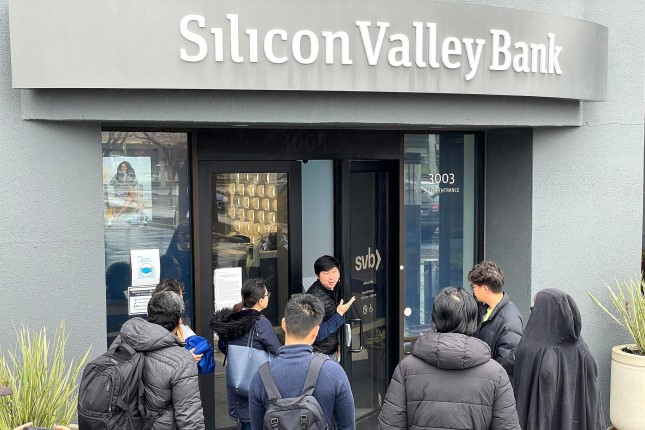
The role of US financial authorities, who basically moved to liquidate the bank that was still fighting for its survival is also quite noteworthy. In a nutshell, everything that is happening in the US venture capital sector today is nothing more than a forced cleanup of a whole segment of the banking business that is bound to produce its own losers and winners.
US financial authorities are not technically in breach of any rules. On the surface of it, everything looks as if they really care more about depositors than they do about bankers. But in actual fact this line of behaviour adds a fundamentally new degree of uncertainty to the US financial system. Given that the current cycle of the Fed's raising its interest rates is far from being over, current liquidity problems present a threat to a greater part of the banking sector, but not every bank will stand a chance of getting bailed out in the end.
We are witnessing the beginning of a major reshuffle of the US and global financial sector that will be taking place amid an unprecedented credibility crisis that is not like anything the world has seen since the abandonment of a fixed dollar exchange rate a half-century ago.
Nowhere to run
"I am personally affected because I have an account with HSBC in Shanghai. I can't take my money out. The government is restricting flow of money out of the country. That's why I would invest in China very, very carefully. They're putting all kinds of barriers. They don't say: No, you can't get your money out. But they say: give us all the records from 20 years of how you made this money ... It's insane." This is the statement that was made by renowned international investor Mark Mobius, also in early March.
This is coming from the very same Mobius who, just a year ago, following the breakout of the Russia-Ukraine hostilities, prophesied that China would become a safe haven amid the conflict in Ukraine "because they're going to continue to produce, they're going to continue to grow, and interest rates are going down in China." And now this.
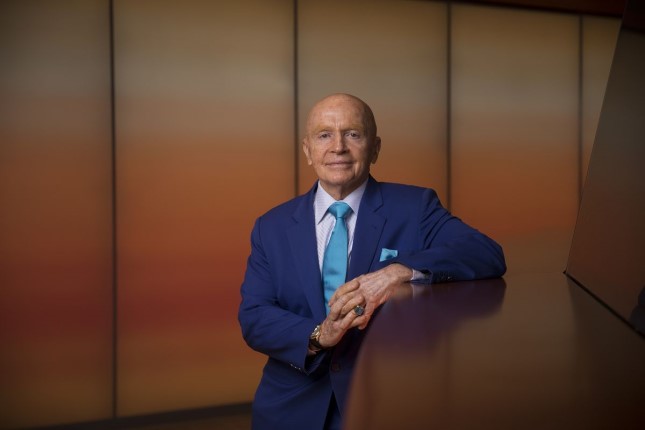
Mark Mobius.
The Mobius case suggests exactly the same thing as the situation with bankruptcies in the US: what used to work just fine is not working anymore. The degree of confidence and security everyone has grown accustomed to over the three decades of financial "turbo-capitalism" has ceased to be available "by default." From now on, it will no longer be accessible by everyone, to say the least. The resulting increase in transaction costs, including higher due diligence costs, lower liquidity of assets, capital controls, etc., will be accompanied by rising interest rates and de facto tighter regulation.
The time of exceptionally low interest rates (at 0-2% per annum recently, compared with the Fed's average effective rate of 5% per annum in the 1990s and all the way until the 2008 crisis) that was ushered in by the financial meltdown is grinding to a halt. Those who had hoped that the era of cheap credit and unrestricted movement of capital would last forever are bound to lose as they will find it harder to adapt to the new level of risks.
Politicians in the driver's seat
The significance of political and administrative clout will continue growing. In fact, it all started with the surprisingly ill-considered and short-sighted decision to freeze the reserves of Russia's Central Bank. Fundamentally, this decision was akin to declaring that monetary considerations were taking backseat where it came to pursuing one's political interests. And it opened the proverbial Pandora's box.
And yet, the decision itself turned out to be utterly ineffective. In early February, in a document drafted for the upcoming European Union summit, the EU's legal service acknowledged that it could not ascertain the whereabouts of 86%, or some USD 258 billion, of frozen Russian central bank assets. It will probably become clear much later whether it was Russia that had managed to quickly move its reserves out of Europe's reach, or whether European banks themselves chose to hide them on the sly.
But the fact remains: a quarter trillion US dollars is missing without a trace.
How can financial markets continue to function "as usual" in a situation like that?
But the logic of the primacy of political self-interest requires that further steps be taken. The Financial Action Task Force (FATF) announced at the end of February that it was suspending Russia's membership in the organization. Will this move help increase the level of confidence in the global financial system? Clearly not. Given the scale of Russia's foreign trade, it would only exacerbate the impasse. And who would stand to benefit from it, one might wonder?


